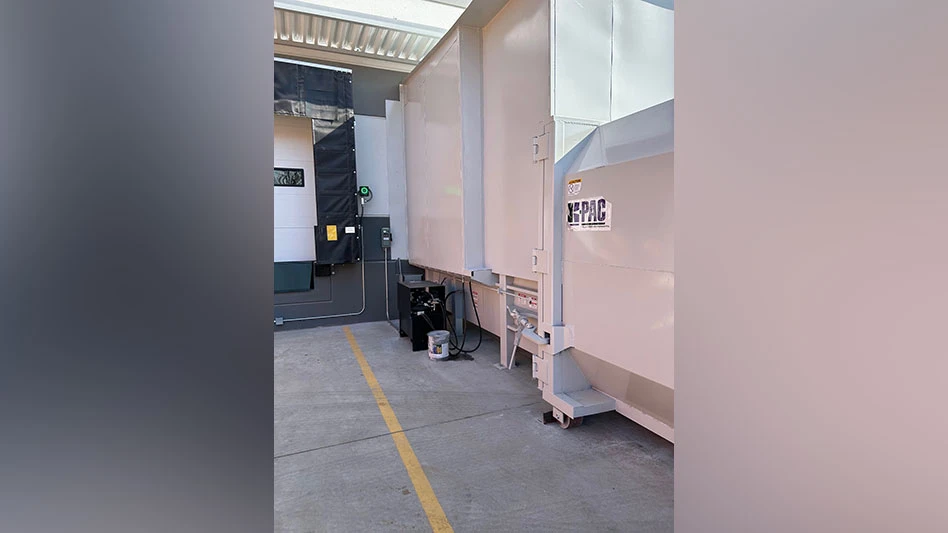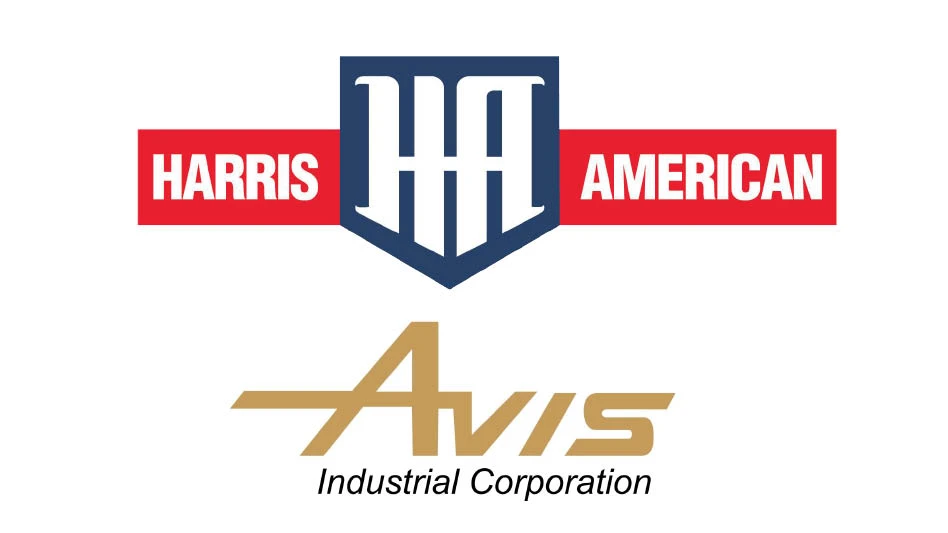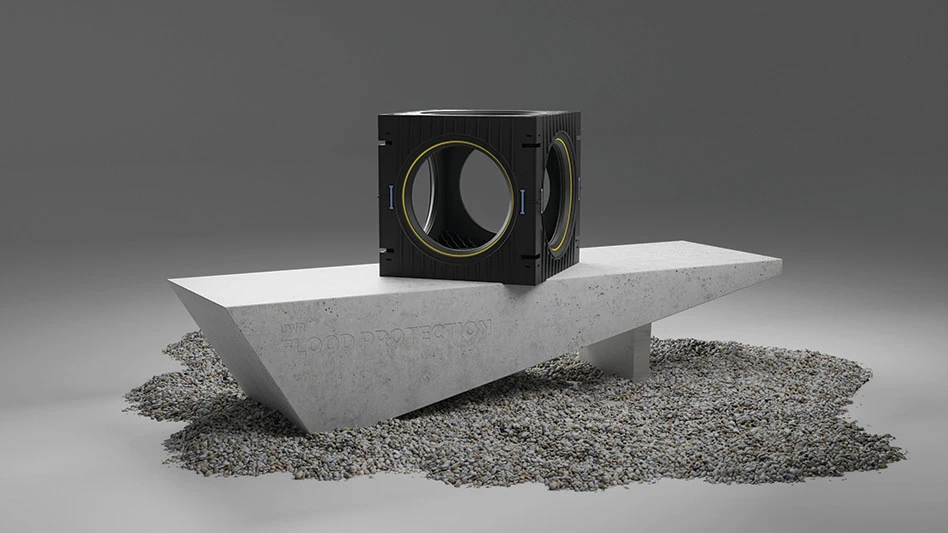
jdross75 | stock.adobe.com
Colorado Gov. Jared Polis has vetoed a bill that would have prohibited certain municipal solid waste combustion operations.
The bill, SB24-150, addresses concerns about the potential environmental and public health impacts of pyrolysis and gasification of solid waste, including plastic.
The bill as originally introduced would have limited several production pathways for sustainable aviation fuel, Polis says in a veto letter. As amended, he says the bill prohibits Colorado from providing incentives to pyrolysis and gasification projects, including the utilization of syngas, hydrogen, methanol, diesel, gasoline and ammonia.
“I agree that Coloradans should breathe clean air,” Polis says. “While I share the proponents’ concerns about the air quality impacts of any project or technology, it is not appropriate to speculatively disincentivize critical pathways that could be important to Colorado’s efforts on climate action.”
As previously reported by Recycling Today, an analysis by Boston-based Lux Research of 170 advanced recycling operations has determined 2024 and 2025 to be “key inflection points” for how and whether pyrolysis operations will impact plastic landfill diversion and recycling.
Marcian Lee, a research analyst at Lux, says advanced recycling is one of the most popular topics at the company as deadlines for recycled content mandates and commitments draw near.
In a blog post penned by Lee and Kristin Marshall, associate research director at Lux, the pair conclude that although there are “mixed signals” from regional policies on advanced recycling technologies, overall regulatory trends are not entirely adverse, as exemplified by Polis’ May 17 decision.
Those opposed to the technology argue that pyrolysis’ large carbon footprint and impact on public health make it an unattractive option for combatting discarded plastic.
A 2020 technical analysis of advanced recycling by Berkley, California-based Global Alliance for Incinerator Alternatives (GAIA) found pyrolysis to be a polluting, energy-intensive alternative with a track record for technical failures.
In his letter, Polis says it is the responsibility of regulators at the state and federal levels to ensure any proposed project meets air quality standards, including pyrolysis and gasification projects.
“If SB24-150 were to become law, it could potentially negatively impact incentives for many Colorado advanced industries,” he says. “There is much work Colorado can do to ensure our economic incentives for the state align with our goals to reduce air pollution, drive investment and job creation and advance new solutions to local and global challenges.”
Latest from Recycling Today
- Enfinite forms Hazardous & Specialty Waste Management Council
- Combined DRS, EPR legislation introduced in Rhode Island
- Eureka Recycling starts up newly upgraded MRF
- Reconomy Close the Gap campaign highlights need for circularity
- Nickel carbonate added to Aqua Metals’ portfolio
- EuRIC, FEAD say End-Of-Life Vehicle Regulation presents opportunity for recyclers
- Recyclers likely to feel effects of US-China trade war
- BCMRC 2025 session preview: Navigating battery recycling legislation and regulations







